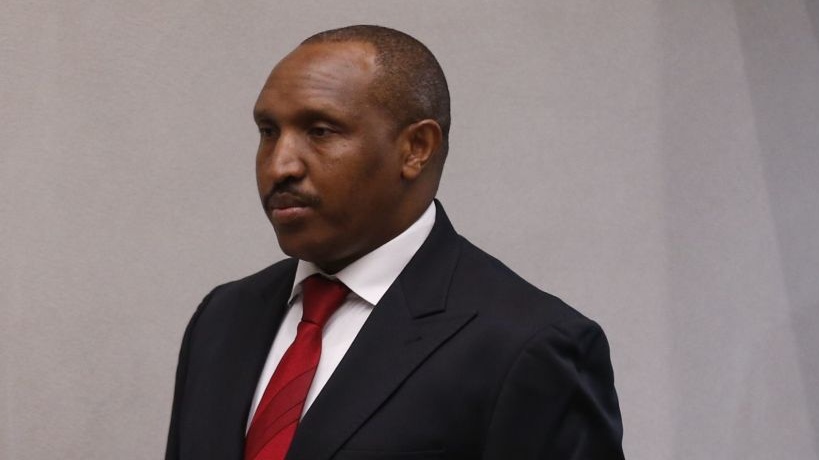Bosco Ntaganda became the first person ever convicted on charges of sexual slavery by the International Criminal Court (ICC) on Monday. He is just the fourth person convicted by the ICC since the court was created in 2002.
"While Ntaganda's conviction is a milestone…and a victory for all those who pursued justice for crimes committed in Ituri, several suspected criminals still enjoy impunity," the International Federation for Human Rights told the BBC.
Ntaganda — known as "The Terminator" — was also convicted on 17 other charges that ranged from war crimes to crimes against humanity due to his time as military operations chief with the Union of Congolese Patriots (UPC) militia in east Democratic Republic of Congo throughout 2002 and 2003.
“Rape was common practice,” said ICC judge Robert Fremr, adding that girls as young as nine years old were attacked by Ntaganda's forces throughout his time leading military units.
The 46-year-old has a lengthy military career in both Rwanda and DR Congo that includes participation in dozens of atrocities in both countries.
Before he turned himself in to the U.S. Embassy in Rwanda in 2013, he founded the M23 rebel group that defected from the Congolese national army in 2012 and led a bloody revolt that killed thousands.
“This ICC decision comforts the victims and the whole population of Ituri province, which was bereaved by the atrocities of Bosco Ntaganda’s rebellion,” Xavier Macky, the director of civil rights group Justice Plus told Reuters on Monday.
Ntaganda will be sentenced in the coming months. One of his superiors, Thomas Lubanga, is already serving a 14-year sentence handed down by the ICC.
The ICC first issued warrants for Ntaganda in 2006. He was born in Rwanda but fled to DR Congo as a teenager during the civil war. He spent decades moving in between both countries fighting for different groups.
The judges said Ntaganda personally killed a Catholic priest and ordered his men to execute 49 people in a banana field.
"Men, women and children and babies were found in the field. Some bodies were found naked, some had hands tied up, some had their heads crushed. Several bodies were disembowelled or otherwise mutilated," Judge Fremr said.
"Bosco Ntaganda once seemed untouchable, backed by powerful forces. Then, due to reporting on his atrocities, that support became too costly," said Kenneth Roth, executive director of Human Rights Watch, on Twitter.
"Ntaganda became vulnerable and had to surrender to protect himself. A lesson to other 'untouchable' tyrants."
